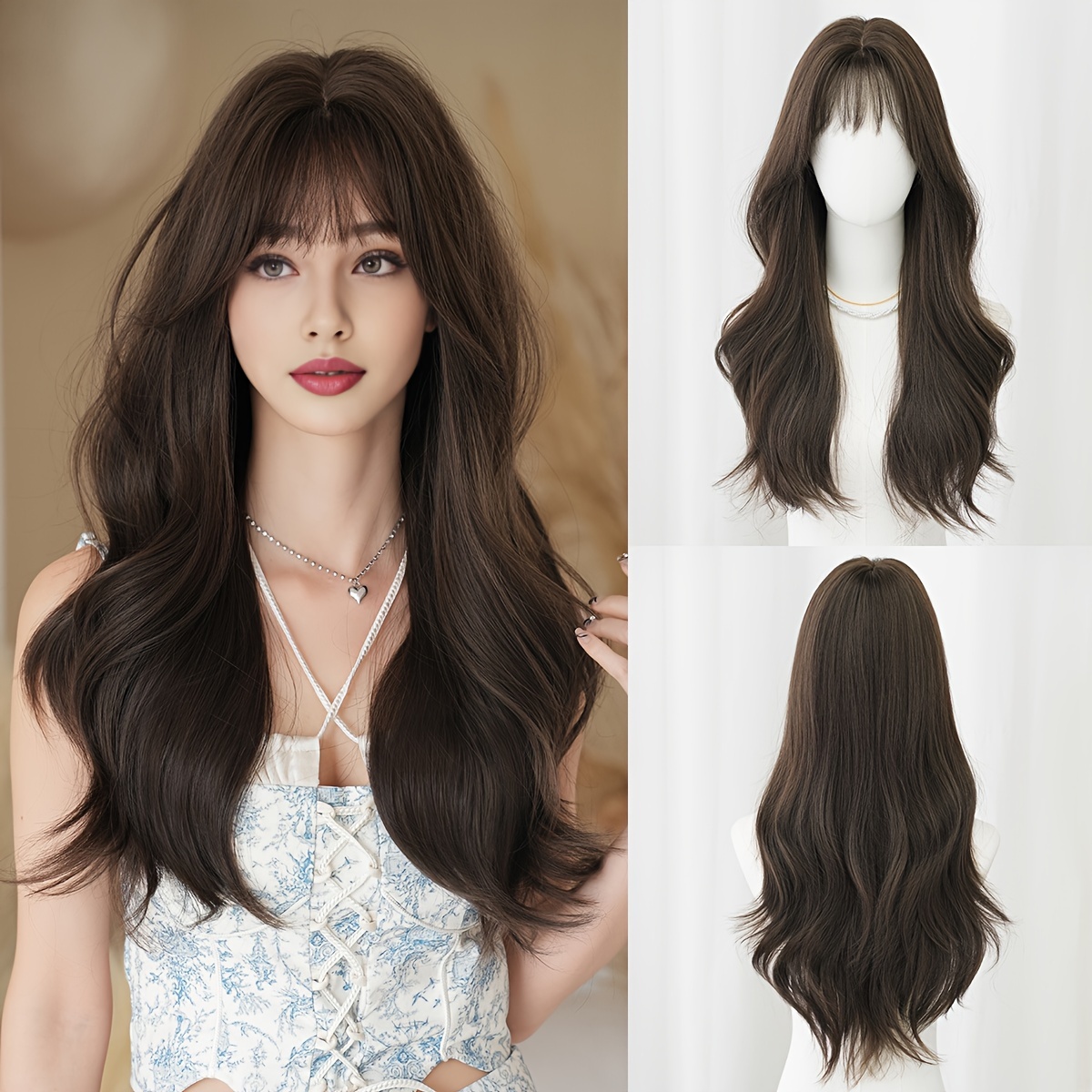Since the election of President Obama, there has been an increase in an interest in African fashions among African American communities. Clothing is often an expression of who we are. There are those who celebrate their African heritage through a variety of African clothing styles. These ethnic styles are a very versatile and dynamic way to tell others who they are and what they are about. No doubt African clothing has a rich diverse history.
Clothing from different regions of the continent of Africa is a reflection of that region and diversity. It can be very overwhelming trying to understand the different styles and what each style represents. This article is meant to be the first of many that educates the reader about the rich history and beauty of African clothing fashions.
The first in this series is the dashiki. Dashikis are colorful unique garment-like tunics that cover the upper part of the body. It’s not uncommon for the men of western Africa to don dashikis. These garments are worn in formal and informal occasions and for various ceremonies. Muslims, Christians and followers of indigenous African traditional religions don dashikis. Dashikis are generally paired with matching drawstring pants. Bridegrooms often wear these garments for their wedding ceremonies.
Another type of dashiki is called a grand boubou. The boubou is generally worn with matching pants and a long robe that covers the outfit. This style is commonly worn by Nigerians, Muslims, and by many Africans in Francophone countries. Dashikis are becoming very popular in western countries. For example, the dashiki is a popular style worn for Kwanzaa celebrations.
African clothing choices like the dashiki are a great way to make a fashion-forward statement while simultaneously telling others of your heritage.
To really set off the African dashiki look, it can be paired with a kufi. A kufi is a traditional form-fitting West African hat. It is often worn by older men in Africa and represents status as wise and respected leaders of their communities.
As these series of articles continue, the reader will be better informed about the African attire and possibly create a style that represents his or her pride and heritage.
Whatever style of African clothing that one chooses to wear, each article of clothing a rich history and heritage that can be seen by everyone. It is a celebration of a people, a lifestyle, and a world view. African clothes are ideal for those wishing to connect with past and future generations throughout the African Diaspora.






